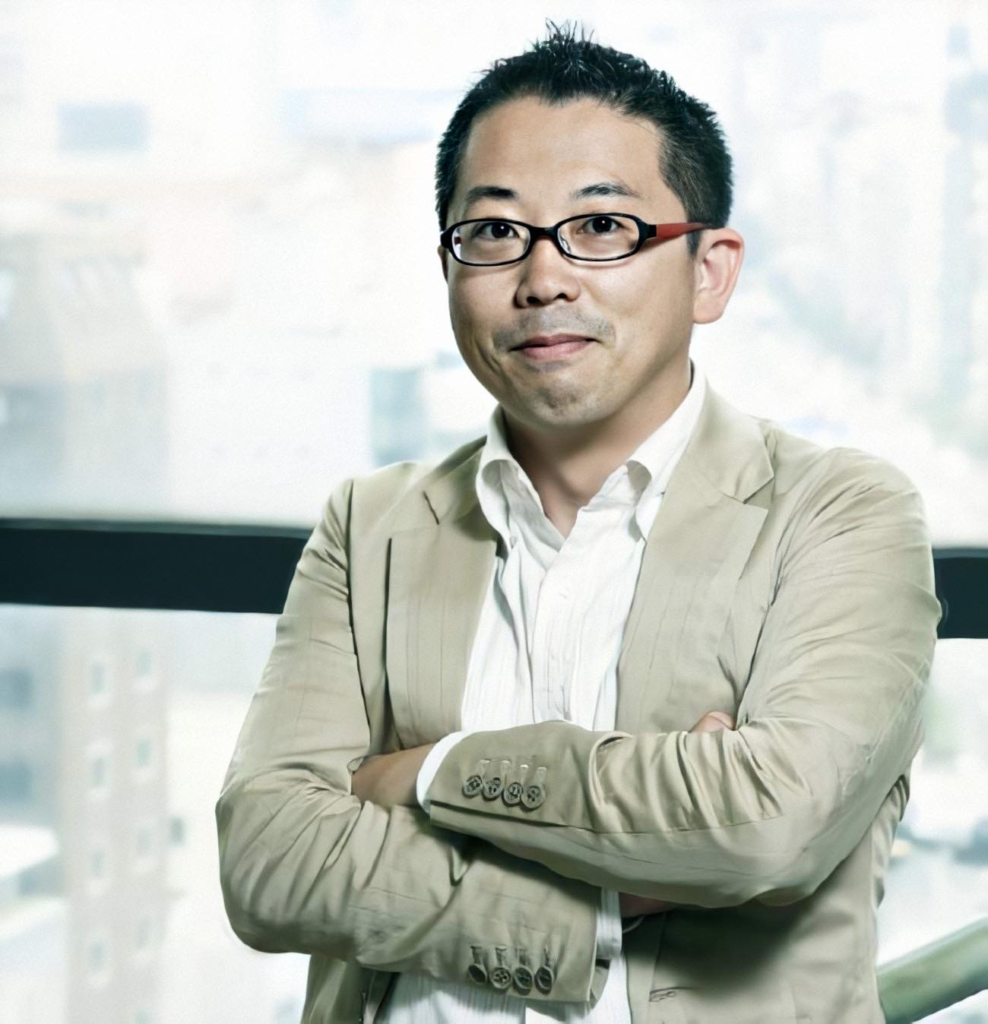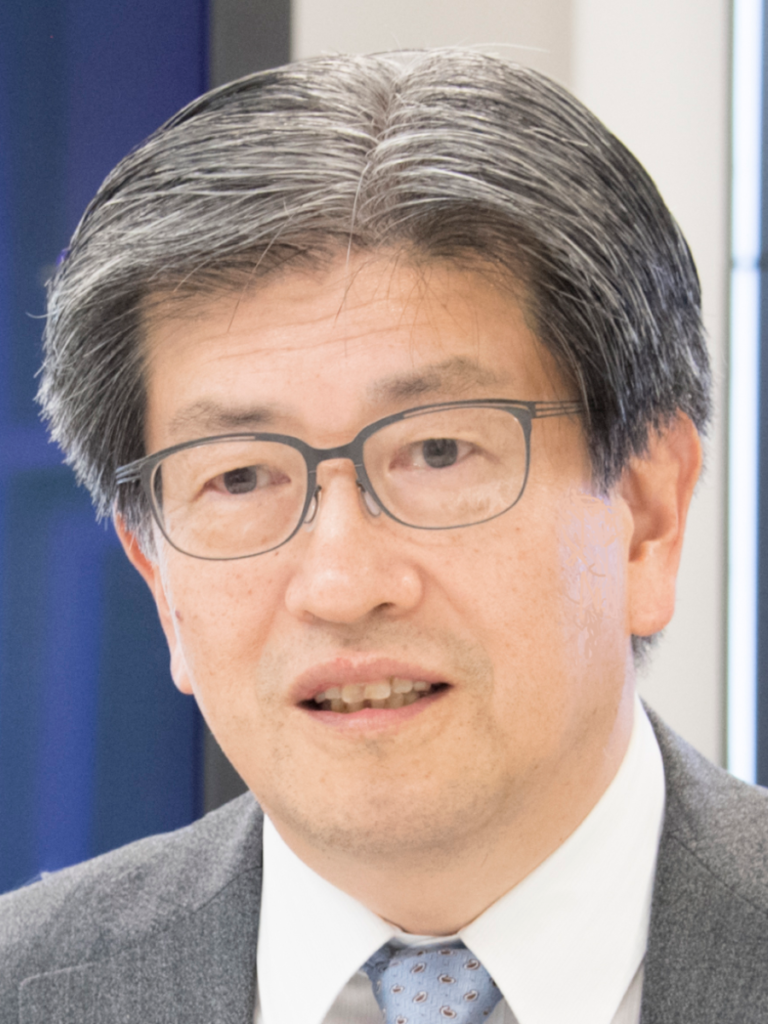Keynote Speakers

Keynote speech #1:
“Democratization of Geospatial Information”
Taichi Furuhashi,
Professor, Aoyama Gakuin University, Japan
Abstract & Biography
Taichi Furuhashi is passionate about mapping, connecting local communities with maps and sharing knowledge to empower people. As you know, Huge Earthquake and Tsunami destroyed a lot of cities and local communities in East Japan area, 2011. He and local people are trying, how to make more resilient society with Mapping, Panorama/VR and Drone technology. Taichi is a professor of Aoyama Gakuin University and President of CrisisMappers Japan, NPO. Now he has started DRONEBIRD project with drones for Disaster Crisis Response. In addition, he has worked for advisory board chairman of Project PLATEAU. In this keynote provides a concrete introduction to the world’s movement toward openness and democratization of geospatial information around the world.

Keynote speech #2:
“Human behaviour in crisis situations – Modelling and Simulation”
Julie Dugdale,
Professor, University Grenoble Alps, France
Absrtract
How humans behave in crisis situations can have profound consequences. Firstly, our actions can dramatically influence our likelihood of survival. Secondly, the anticipated result of evacuation plans by crisis managers may differ greatly from what actually happens in real-life. Indeed, our actions are affected by a wealth of factors such as: our social ties to family, friends, places, and belongings; our cognitive biases; our knowledge of what to do in a specific crisis situation; our previous experience; our trust in others; and our perception of risk. This talk looks at the diversity of behaviours and the reasons behind them. Using an agent-based approach we developed a computer simulator of evacuation in earthquakes and experimented with what would be the outcome in terms of evacuation if we considered more realistic settings and behaviours.
Biography
Julie Dugdale is a full professor of Computer Science at University Grenoble Alps, France and member of Grenoble Informatics Lab (LIG), the largest Computer Science research lab in France. She was the Head of HAwAI (Human Aware Artificial Intelligence) Research Team for over 10 years. Julie is an Ex-President of the ISCRAM (Information Systems for Crisis Response and Management) Association. She is a holder of the ISCRAM Distinguished Service Award, and is now an Honorary ISCRAM Member. Julie is also the Vice-Chair of the IFIP Work Group on IT for Disaster Risk Reduction (WG5.15). She was a Full Adjunct Professor at CIEM (Centre for Integrated Emergency Management), University of Agder, Norway. Her research concerns modelling and simulating human behaviour. She has applied her work to many domains, such as smart cities and energy management, however, her work mostly focuses on large scale disasters, such as earthquakes, floods and large forest fires. Julie has authored over 150 articles on human behaviour modelling and simulation using an agent-based approach.

Keynote speech #3:
“Recovery monitoring of the disaster-damaged areas using satellite & ground observation for environmental education”
Kohei Cho,
Professor, Tokai University, Japan
Abstract
The Great East Japan Earthquake and Devastating Tsunami struck the Tohoku Aera of Japan on March 11, 2011. Since then, the authors have been monitoring the recovery of some of the damaged areas in Miyagi prefecture with satellite images and field surveys in cooperation with university students and local high school students. This project’s main purpose was to promote environmental education with remote sensing. The comparison of the fixed point ground survey and satellite observation of the damaged areas clearly showed the environmental recovery process of those areas.
Biography
Kohei Cho graduated from the Department of Applied Physics at the Tokyo University of Science in 1979 and finished his master course on remote sensing at Chiba University in 1981. After working for ten years at the Remote Sensing Technology Center of Japan (RESTEC) as a remote sensing scientist, he joined Tokai University, He has been the General Secretary of the Asian Association on Remote Sensing (AARS) since 2009. He has published more than 100 papers on remote sensing in national & international journals and proceedings. He is also a co-author of 15 books on remote sensing and image processing. His scientific interest includes but is not limited to sea ice monitoring using passive microwave sensors and disaster monitoring from space. He was awarded the Dr. Boon Indrambarya Gold Medal in 2009, the Samuel Gamble Award in 2012, and elected as an ISPRS Fellow in 2020.
Program
Conference schedule (final version)


